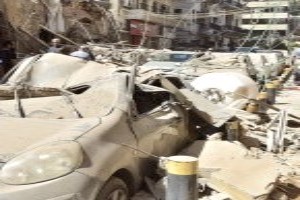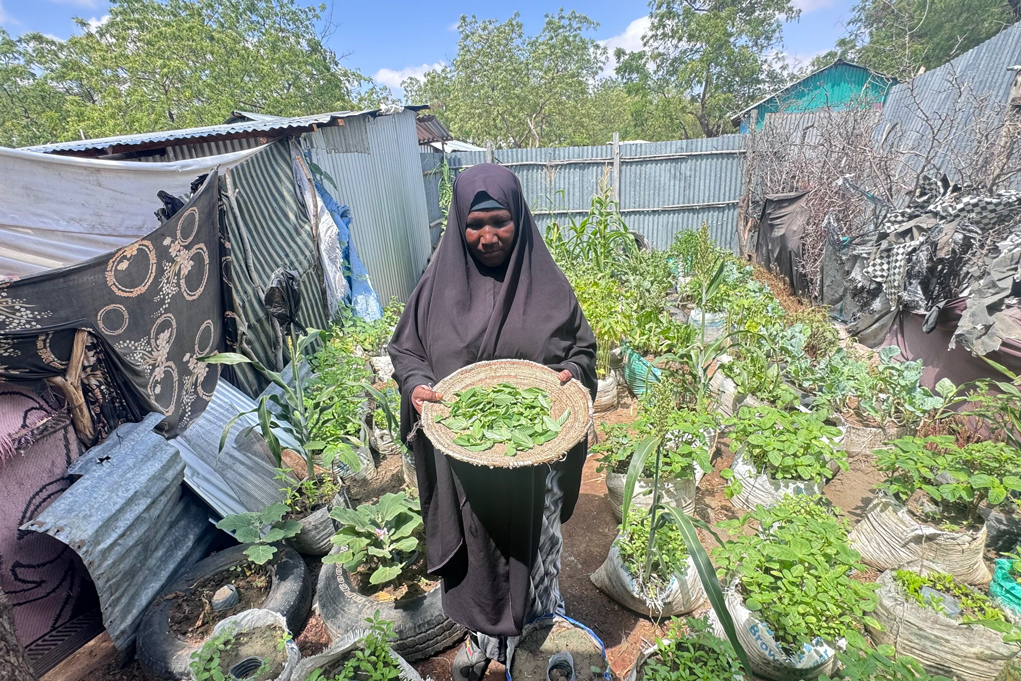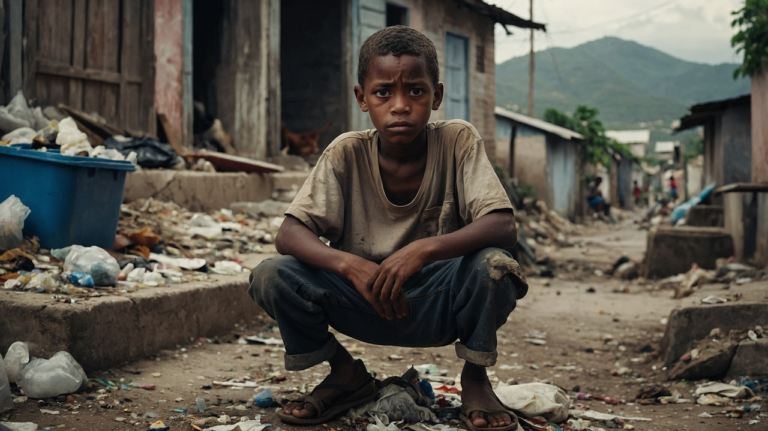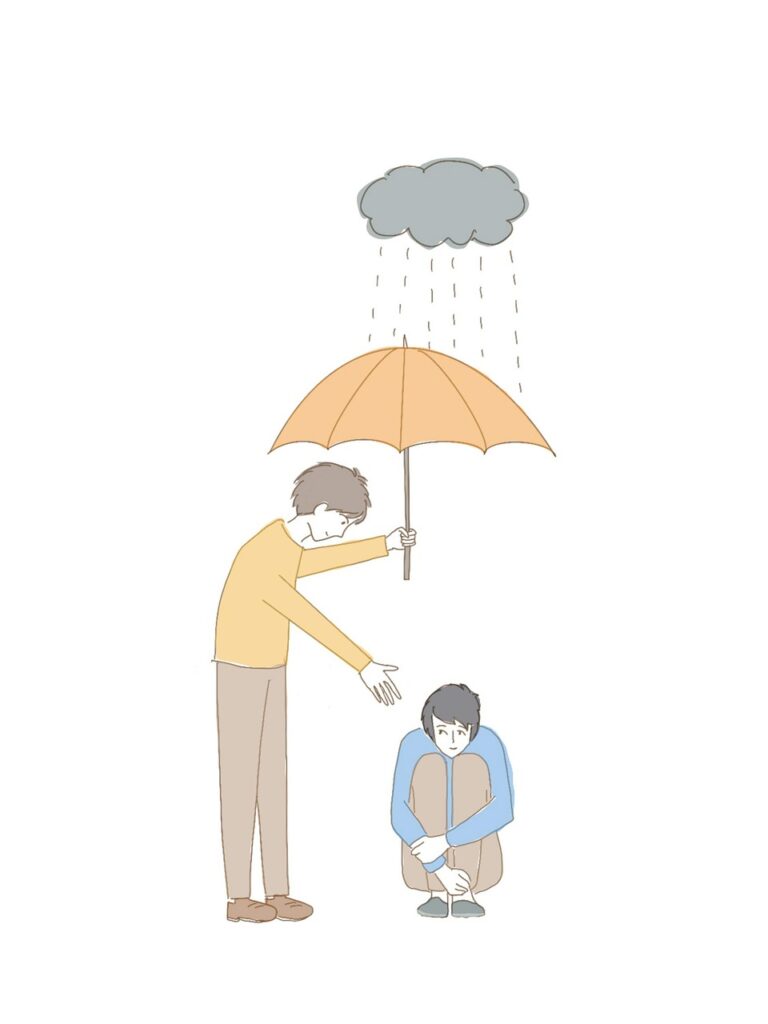
Beirut after explosion
[the_ad_placement id=”adsense-in-feed”]
Beirut: While the Beirut Port explosions that occurred on August 4, 2020, caused widespread damage and casualties, they also heavily impacted the education sector. The twin explosions led to the partial or complete destruction of about 70 public schools and 50 private schools in Beirut and neighboring areas, threatening to disrupt the new academic year and deprive about 55,000 Lebanese and non-Lebanese students enrolled in these schools of their right to education.
Now, at the request of Lebanon’s Ministry of Education and Higher Education, UNESCO will rehabilitate damaged schools in Beirut and affected areas, and will coordinate the school rehabilitation efforts in Lebanon among education partners to avoid duplication and ensure harmony of interventions.
UNESCO’s support comes within the framework of the “Global Education Coalition” launched by UNESCO at the outbreak of the COVID-19 pandemic, and which aims to facilitate inclusive learning opportunities for children and youth during this period of sudden and unprecedented educational disruption, and to establish approaches to develop more open and flexible education systems for the future.
[the_ad_placement id=”content-placement-after-3rd-paragraph”]
In addition to the rehabilitation of schools, and given that a number of schools may opt for distance/remote education due to the COVID-19 pandemic and to the emerging crisis caused by the Beirut explosion, UNESCO will provide technical and financial support for the Ministry of Education and Higher Education to develop remote learning solutions and ensure that all students are equipped with technological devices that enable them to pursue their education remotely.
The Director of the UNESCO Regional Bureau for Education in the Arab States – Beirut, Dr. Hamed Al Hamami, stated on Tuesday:
“UNESCO’s support will be divided into two parts: one part aims to ensure that all students have access to remote education through providing them with electronic devices and learning kits; and another part aims to ensure the quality of remote education through providing technical support for education planners, curricula developers, and teachers to enable them to develop quality remote education programmes”.
Dr. Al Hamami said: “UNESCO Director-General Ms Audrey Azoulay is closely following the evolution of the situation in Lebanon, especially the impact of the recent explosion on the education sector. UNESCO reiterates its commitment to support Lebanon to overcome the effects of the Beirut explosion. We stand ready to harness all our capacities to ensure that learning never stops and to guarantee all students’ right to education”.
It may be mentioned that in the aftermath of the explosion, the Director of the UNESCO Regional Bureau for Education in the Arab States – Beirut, Dr. Hamed Al Hamami had met with the Lebanese Minister of Education and Higher Education Dr. Tarek Majzoub on Tuesday, to explore the needs of the education sector and discuss UNESCO’s response.
“The rehabilitation of schools damaged by the Beirut explosion is one of the basic conditions for ensuring access to primary and secondary education, and it also contributes to achieving Sustainable Development Goal 4 (SDG4), that is – students’ access to inclusive and equitable quality education, even in emergency and crisis situations where the provision of educational services may be disrupted,” Dr. Hamed Al Hamami said.
– globalbihari bureau
[the_ad_placement id=”sidebar-feed”]





